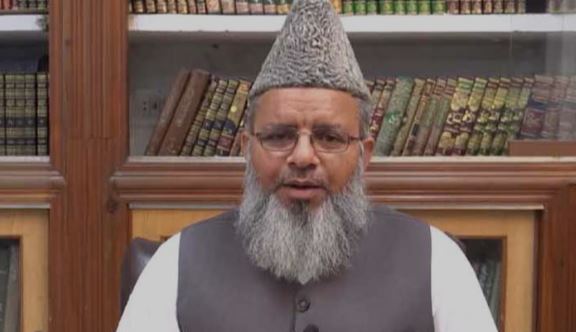ISLAMABAD – The Chairman of the Council of Islamic Ideology (CII), Allama Raghib Naeemi, has opened up about the controversy surrounding the recent declaration of Virtual Private Networks (VPNs) as un-Islamic through a Fatwa [Sharia decree].
A fatwa issued by the CII a few days ago, deeming VPN usage as against Islamic principles, sparked widespread debate across the country. Prominent religious scholars, federal ministers, and the public have openly criticized the ruling.
Renowned Islamic scholar Maulana Tariq Jamil rejected the fatwa, stating, “If VPN usage is prohibited, then using mobile phones should also be considered impermissible.”
Allama Raghib Naeemi clarified that VPNs are often used for unethical purposes.
He cited reports suggesting that the indecent websites receive 15 million hits daily in Pakistan.
Allama Naeemi elaborated that VPNs, if registered and used responsibly, are not inherently problematic. Drawing an analogy, he said, “Just like a loudspeaker misused against the law can lead to legal action, the misuse of registered or unregistered VPNs for immoral content or propaganda is un-Islamic.”
The controversy began after the CII declared VPN usage ‘haram’, prompting the Ministry of Interior to instruct the Pakistan Telecommunication Authority (PTA) to block unregistered VPNs.
Following these orders, the PTA has already taken action against several VPN services.
Interestingly, it has come to light that even Prime Minister Shehbaz Sharif and federal ministers reportedly use VPNs to access platforms like X (formerly Twitter).








